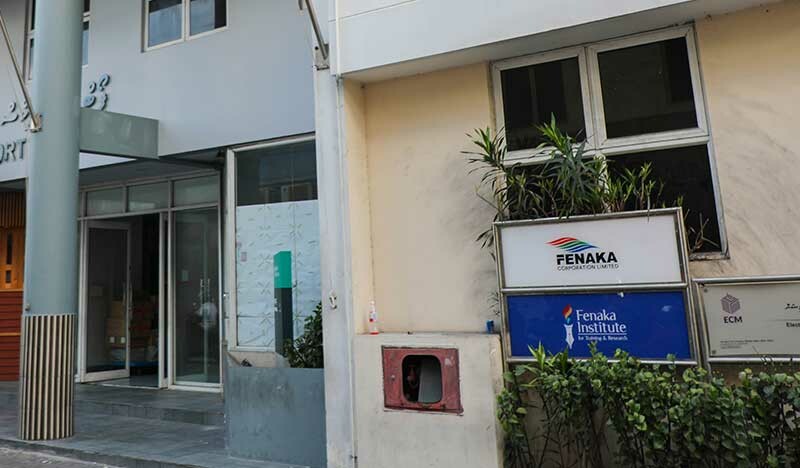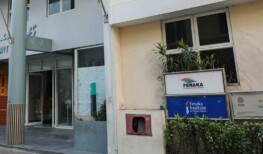FENAKA Cuts Operational Costs by 60% in Eight Months, Says MD Muaz

FENAKA Corporation’s Managing Director, Muaz Mohamed Rasheed, has announced that the company has reduced its operational costs by 60% over the past eight months.
The state-owned utility, currently facing financial challenges, is in the process of being taken over by the State Trading Organization (STO), with the merger expected to be finalised early next year.
During a press briefing today, Muaz detailed the cost-cutting measures the company implemented, which resulted in significant savings. He noted that FENAKA had reduced operational expenditure to MVR 60 million by the end of August this year, compared to MVR 150 million during the same period in 2023.
The most substantial reduction came from logistics, where the company slashed spending from MVR 74.7 million last year to MVR 11.7 million this year. Muaz credited the company’s workforce for their cooperation in achieving these savings.
He also addressed past inefficiencies, highlighting that funds had been “deliberately wasted” under the guise of corporate social responsibility (CSR) initiatives. According to Muaz, the new management immediately suspended the CSR component upon taking over, reducing the CSR spend from MVR 9.3 million last year to MVR 174,000 this year, including a MVR 100,000 donation to aid Palestine.
FENAKA is also in discussions to introduce time-of-use tariffs, which would make energy cheaper during off-peak hours. Chief Technical Officer, Abdulla Nasheeth, revealed plans for a nationwide rollout of smart meters, which would allow customers to monitor their electricity usage in real-time and help reduce consumption during peak hours.
Sewerage Projects Discontinued Due to Losses
In a separate development, FENAKA Corporation has halted 16 sewerage projects due to financial inefficiencies and escalating costs. The corporation’s Director, Abdul Wahid Mohamed, explained that while MVR 518 million had been issued as advance funds for the projects, MVR 92 million had already been spent without sufficient progress.
Wahid cited poor record-keeping and the lack of necessary machinery as key factors contributing to the project delays and rising costs. Equipment such as excavators and lorries had been rented, adding to the financial burden even during periods when work had halted. The total projected loss from these projects is estimated to be MVR 170 million, though Wahid suggested the actual figure could be higher.
Staffing expenses also contributed to the losses, with some labourers receiving MVR 45,000 per month, a figure far above industry standards. Subcontractors were reportedly paid more than the allocated budget, further exacerbating the financial strain.
With only 15% of the work completed on most islands, FENAKA is now determining the fate of 26 Reverse Osmosis (RO) Plants that had been procured for the projects.







